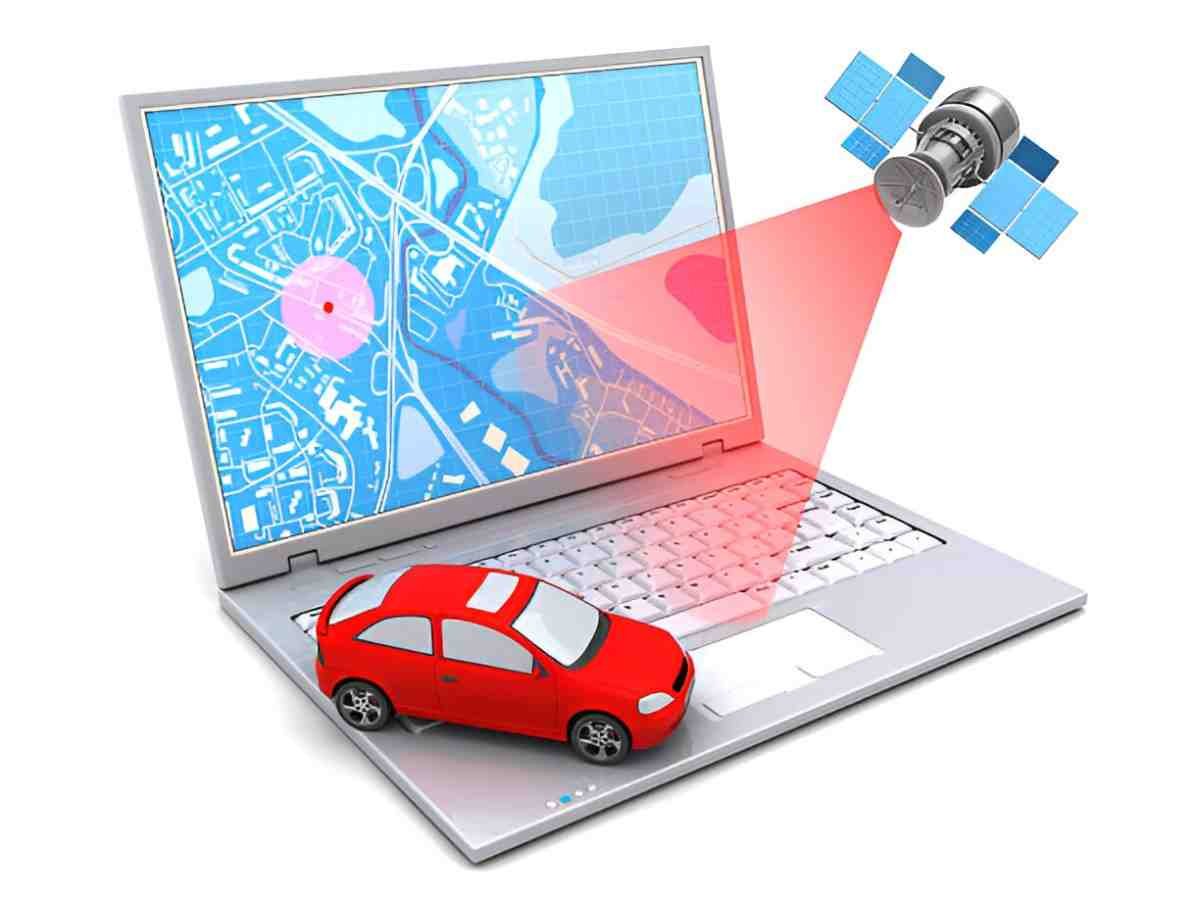When it comes to navigating unfamiliar roads, a good car GPS can make all the difference. As someone who’s spent years on the road, I know just how important it is to have a reliable GPS system. However, choosing the best car GPS can be overwhelming. There are numerous options available, each with its own set of features and specifications. In this guide, I’ll break down everything you need to know to make an informed decision. I’ll discuss various types of GPS, key features to look for, and tips on selecting the right one for your needs.
Table of Contents
Why Do You Need a Car GPS?
A car GPS system isn’t just for finding your way when you’re lost. It can help in several other ways, such as:
- Time-saving: A GPS can offer real-time traffic updates, suggest alternative routes, and help you avoid congestion.
- Stress Reduction: Instead of worrying about directions, a GPS will tell you exactly where to go, turning every journey into a more relaxed experience.
- Safety: A GPS can provide voice-guided turn-by-turn directions, allowing you to keep your eyes on the road and focus on driving.
- Destination Search: Whether you’re looking for a restaurant, gas station, or hotel, a GPS can easily help you find the nearest location.
Types of Car GPS
Before diving into features and specifications, it’s essential to understand the different types of car GPS systems available:
- Portable GPS Units: These are standalone devices that you can mount on your dashboard or windshield. They are easy to set up and remove and typically come with pre-installed maps.
- In-Dash GPS Systems: These are built directly into your car’s dashboard. They usually offer more advanced features and integrate seamlessly with your vehicle’s entertainment system.
- Smartphone GPS Apps: Many drivers rely on smartphone apps like Google Maps or Waze. While they’re convenient, they require a reliable data connection and can drain your phone’s battery.
Each type has its own pros and cons, so you’ll need to choose based on what works best for your driving habits and preferences.
Key Features to Consider
Now that we’ve covered the different types of GPS, let’s talk about the features that can make a significant difference in your experience.
1. Screen Size and Display Quality
The size of the screen can impact how easily you can see your route and navigate the interface. Larger screens are generally easier to read and can show more details of the map, but they may not always fit well in all car types. Consider the space available in your car when choosing a GPS.
A good screen should have:
- Clear visibility in daylight: You don’t want to strain your eyes when driving during the day.
- High resolution: A sharp display makes it easier to read street names and see details like road signs.
- Anti-glare coating: This will help reduce reflections from the sun.
2. GPS Navigation Maps and Updates
One of the most important factors in choosing a GPS is the quality of the maps and how frequently they are updated. Outdated maps can result in inaccurate directions, leading to frustration and delays.
- Free Updates: Some GPS models offer free lifetime map updates. These are great for long-term use.
- Regional Coverage: If you travel frequently, look for a GPS that covers a wide range of regions, including international maps.
- Traffic Information: Traffic updates help you avoid roadblocks and congestion, making your travel faster and more efficient.
3. Voice Guidance
Voice-guided directions are essential for safe driving. A good GPS should give clear, concise instructions, so you don’t have to look at the screen too often.
Look for:
- Natural-sounding voices: Some GPS systems allow you to choose from a variety of voices. It’s best to go with one that feels clear and easy to understand.
- Lane guidance: This feature will help you navigate complex intersections by showing you which lane to take.
4. User Interface and Ease of Use
I’ve always found that the easier a GPS is to use, the more enjoyable it is to have on the road. A well-designed user interface should allow you to enter destinations quickly and easily, with minimal distractions while driving.
Features to look for include:
- Intuitive menus: A simple, logical interface helps you find what you need without unnecessary complexity.
- Touchscreen responsiveness: A touchscreen that responds quickly ensures smooth operation when entering addresses or selecting features.
5. Bluetooth and Smartphone Integration
Bluetooth connectivity allows you to connect your smartphone to your GPS. This feature is especially useful if you want to make hands-free calls or listen to music directly through your GPS device. Additionally, some GPS systems can integrate with your phone’s apps for additional features like real-time traffic or weather updates.
6. Battery Life and Charging Options
For portable GPS units, battery life is an important consideration. Some devices last for several hours on a single charge, while others may need to be plugged into your car’s power source.
When choosing a GPS, consider:
- Battery life: Longer battery life gives you more flexibility when traveling.
- Charging options: Look for devices that allow you to charge via a standard USB port, in addition to the typical car adapter.
7. Additional Features
Some GPS devices come with advanced features that can further enhance your driving experience. These features include:
- Parking Assistance: Some models provide parking location reminders.
- Speed Limit Alerts: Alerts for speed limits help you avoid tickets.
- Point of Interest (POI): A GPS with built-in POI features can help you find nearby services like restaurants, gas stations, or rest stops.
Comparison Table: Key Features of Popular Car GPS Devices
Here’s a comparison of three popular GPS devices that I think stand out in terms of features, ease of use, and overall performance:
| Feature | Garmin DriveSmart 65 | TomTom GO 620 | Magellan RoadMate 5630 |
|---|---|---|---|
| Screen Size | 6.95 inches | 6 inches | 5 inches |
| Map Updates | Lifetime free updates | Lifetime free updates | Lifetime free updates |
| Traffic Information | Yes (with subscription) | Yes (with subscription) | Yes (with subscription) |
| Voice Guidance | Yes (Natural voices) | Yes (Natural voices) | Yes (Natural voices) |
| Bluetooth | Yes | Yes | Yes |
| Battery Life | 1 hour | 1.5 hours | 1.5 hours |
| Points of Interest | Yes | Yes | Yes |
My Recommendations
When choosing the best GPS, it’s important to prioritize the features that matter most to you. For instance, if you drive long distances frequently, you may want a GPS with lifetime updates and a larger screen. If you just need a basic, reliable GPS for shorter trips, a more compact model might suit you better.
Here are my recommendations based on different needs:
- For Frequent Travelers: Garmin DriveSmart 65 offers lifetime updates, a large screen, and Bluetooth connectivity, making it a solid choice for those who travel frequently.
- For Budget-Friendly Options: Magellan RoadMate 5630 provides essential features without the high price tag, making it an ideal option for budget-conscious drivers.
- For Ease of Use: TomTom GO 620 offers a simple interface with real-time traffic updates and voice guidance, making it easy to use on the go.
Conclusion
Choosing the best car GPS doesn’t have to be difficult. It’s all about knowing what features are important to you and how much you’re willing to spend. After considering factors like screen size, voice guidance, map updates, and connectivity, you’ll be able to select the perfect GPS for your driving needs.
Whether you’re navigating city streets or embarking on a cross-country road trip, a good GPS will make your journey smoother and more enjoyable.





